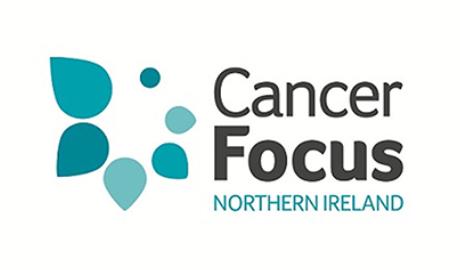What is Cancer?
The human body is made up of billions of tiny cells that are so small they can only be seen under a microscope. These cells make up tissues and organs such as skin, lungs, heart, etc – they’re a bit like little building blocks.
There are many different types of body cells – liver cells, pancreas cells, kidney cells, breast cells. This explains why there are so many different types of cancer.
The life and behaviour of all of our body’s cells are controlled by our genetic material called deoxynucleic acid (DNA) which is present in almost every cell of the body.
Cancer starts when the DNA in one single cell becomes damaged. The damaged DNA may then cause the cell to divide and grow at an uncontrolled rate. As the cells continue to multiply they form a mass of abnormal cells called a tumour (see image).
What causes Cancer?
Cancer is a complex disease and one single factor is rarely the cause. A wide range of factors contribute to cancer development including lifestyle, environment, hormones, genes and inflammation.
However, almost 50% of cancers are caused by lifestyle factors, with diet and smoking in particular playing an important role.
This is good news because it means that cancer can be a largely preventable disease. The choices we make every day, including what we eat and drink and how physically active we are, can significantly increase or decrease our risk of developing cancer during our lifetimes.
Causes of Cancer
1. Genetic causes: inherited genes
Only about 5-10% of cancers result from specific inherited genes. However, if an individual has a family history of cancer and they are concerned about this then they should talk to their GP.
2. Diet and lifestyle
Diet and lifestyle are important causes of cancer. Factors here include:
- Smoking
- Being overweight / obese
- High salt intake
- High red meat intake
- Alcohol
- Sun damage
- Lack of exercise
The good news is that by improving our diet and physical activity levels, and by maintaining a healthy weight, we can halve our risk of the most common cancers.
3. Environmental causes
Some substances in the environment can cause cancer. Certain industrial chemicals, excess exposure to the sun and x-ray radiation can damage DNA and lead to cell mistakes (mutations).
4. Infectious diseases
Some infectious diseases are known to increase the risk of developing certain types of cancer. HPV (Human Papilloma Virus) is a known risk factor for cervical cancer, while infection with the bacterium Helicobacter Pylori is linked to stomach cancer.
If you have any concerns about cancer you can talk to one of our specialist nurses on the Cancer Focus NI free information and support NurseLine on 0800 783 3339 (Monday – Friday, 9am – 1pm). You can also email us on nurseline@cancerfocusni.org.
- P: 028 9066 3281
- E: care@cancerfocusni.org
- W: www.cancerfocusni.org















































































































